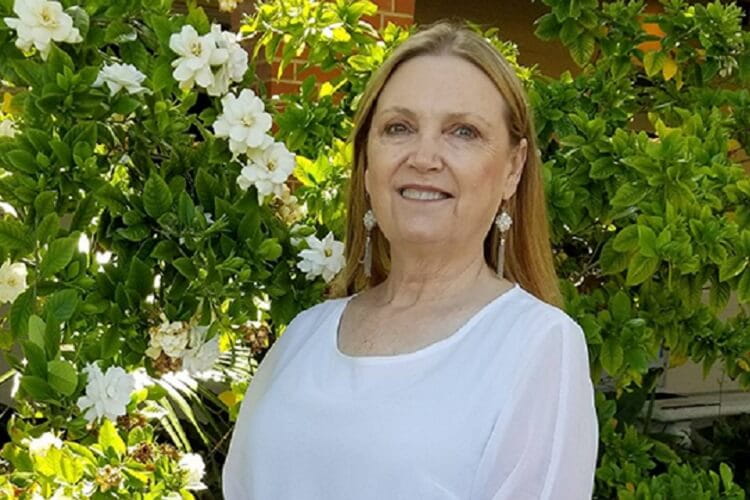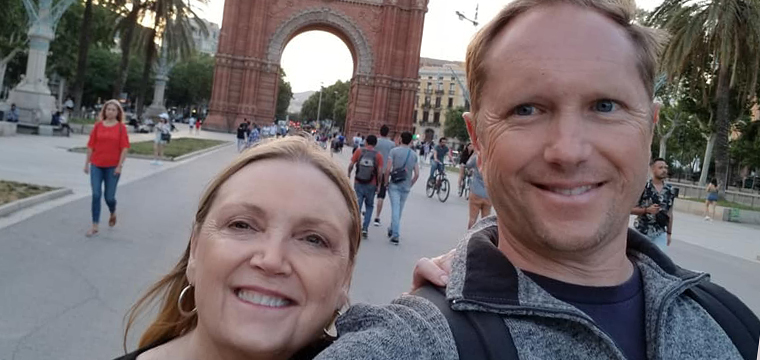Planning for the Unplanned: Why Advance Directives Matter
Clearwater, Fla., (April 12, 2018) – BayCare team member Beverly Littlejohn never thought she needed an advance directive. But, she had a wakeup call when three members of her family passed away two years ago.
Littlejohn’s mother died after suffering from pulmonary fibrosis. A week after, her older brother passed away after suffering from a stroke. Tragically, her father also died after a decline in health that same year.
“This was devastating for our family, but my parents had completed advance directive forms,” said Littlejohn, who is a communications coordinator at BayCare’s St. Joseph's Hospitals and South Florida Baptist Hospital. “My brother, who was taken off life support after health complications from the stroke, had also created an advance directive that outlined his wishes.”

Beverly Littlejohn, communications coordinator at BayCare’s St. Joseph's Hospitals and South Florida Baptist Hospital.
An advance directive is a legal form which allows people to name a surrogate to make medical decisions for them. People can make health care choices in advance about what treatments they want or don’t want at the end of life.
“The form details people’s wishes for health care and treatment if they become unable to talk to their physicians or make their own health care decisions - due to being sick or hurt,” said Kirksak J. Poonkasem, MD, palliative medicine physician at BayCare Medical Group. “The best time to prepare an advance directive is when people are healthy and are able to discuss their wishes with their physicians, friends and family.”
There are two types of advance directives including a designation of health care surrogate and a living will. The designation of health care surrogate allows people to choose someone to make medical decisions, based on their wishes - if they’re not able to make their own decisions.
The living will, on the other hand, allows people to choose the kind of health care they want and don’t want - if they have a condition that will soon result in death, an end-stage condition or if they’re in a persistent vegetative state.
Littlejohn’s family members signed advance directives and talked to their physicians and their family about their requests before they passed away. “This was a tough time for us, but we had some peace of mind knowing we fulfilled their wishes,” she said.

Littlejohn and her brother visit Barcelona together after a stressful year of losing their family members.
While Littlejohn’s family had a plan, she personally did not. But, after losing her loved ones, she decided to immediately prepare her own advance directive.
“My forms are completed and shared with my primary care physician and my brother,” said Littlejohn. “I hope no one needs to reference it for a very long time, but we both have great peace of mind knowing that no one has to second guess any decisions.”
People are not required to prepare an advance directive. However, BayCare helps inform patients and their families about them, said Dr. Poonkasem.
For more information about advance directives, visit PrepareinAdvance.org.
About BayCare Health System
BayCare is a leading not-for-profit health care system that connects individuals and families to a wide range of services at 15 hospitals and hundreds of other convenient locations throughout the Tampa Bay and central Florida regions. Inpatient and outpatient services include acute care, primary care, imaging, laboratory, behavioral health, home care, and wellness. Our mission is to improve the health of all we serve through community-owned, health care services that set the standard for high-quality, compassionate care. For more information, visit www.BayCare.org.
